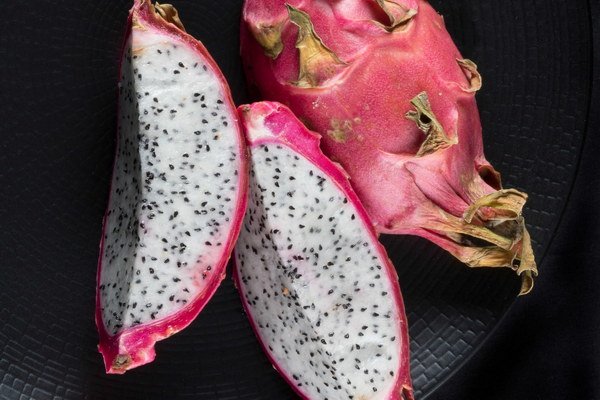Is Okra Beneficial for Liver Health Exploring the Potential of this Superfood
In recent years, okra, also known as lady's finger or bhindi, has gained a reputation as a superfood due to its numerous health benefits. One of the most frequently asked questions about this vegetable is whether it is beneficial for liver health. This article delves into the research and provides insights into how okra might contribute to liver well-being.
Understanding Liver Health
Before we delve into the potential benefits of okra for the liver, it's important to have a basic understanding of liver function. The liver is a vital organ responsible for filtering blood, detoxifying harmful substances, producing bile, and metabolizing nutrients. It plays a crucial role in maintaining overall health, and any impairment in its function can lead to serious health issues.
Okra: A Nutritional Powerhouse
Okra is rich in vitamins, minerals, and antioxidants, making it a nutritional powerhouse. It contains high levels of vitamins C and K, fiber, folic acid, calcium, and magnesium. These nutrients are essential for maintaining liver health and may offer various protective effects.
Antioxidant Properties
One of the key reasons why okra is thought to be beneficial for the liver is its high antioxidant content. Antioxidants help neutralize free radicals, which are unstable molecules that can cause cellular damage. This damage is believed to contribute to the development of liver diseases such as hepatitis, cirrhosis, and liver cancer.
Liver Protection and Detoxification
Several studies have suggested that okra may help protect the liver from damage. The vegetable's polysaccharides, which are complex carbohydrates, have been found to have detoxifying properties. These compounds may help bind to toxins in the liver, facilitating their removal from the body.
Improving Liver Function
Research indicates that consuming okra may improve liver function in several ways:
1. Reducing Liver Inflammation: Okra's anti-inflammatory properties may help reduce inflammation in the liver, which is a common feature of liver diseases such as non-alcoholic fatty liver disease (NAFLD).
2. Supporting Bile Production: Okra is known to aid in the production of bile, which is essential for the digestion and absorption of fats. Proper bile flow is important for liver health and can help prevent gallstones.

3. Promoting Detoxification: As mentioned earlier, the detoxifying properties of okra may help the liver eliminate harmful substances more efficiently.
How to Incorporate Okra into Your Diet
Adding okra to your diet is a simple and delicious way to potentially reap its liver-protective benefits. Here are a few ideas:
- Stir-Fry: Add sliced okra to your favorite stir-fry for a nutritious and flavorful addition.
- Soup: Use okra as a base for a hearty soup or stew.
- Salad: Add chopped okra to a fresh salad for a burst of texture and nutrients.
- Okra Pickles: Fermented okra pickles are not only tasty but also believed to have additional health benefits.
Conclusion
While okra is often celebrated for its potential liver-protective properties, it's important to note that it should not be considered a miracle cure for liver diseases. More research is needed to fully understand the extent of its benefits. However, incorporating this versatile vegetable into a balanced diet can be a positive step towards maintaining liver health.
In summary, the evidence suggests that okra may offer some protection to the liver through its antioxidant and detoxifying properties. As with any dietary change, it's best to consult with a healthcare professional before making significant adjustments to your diet, especially if you have existing liver conditions.









